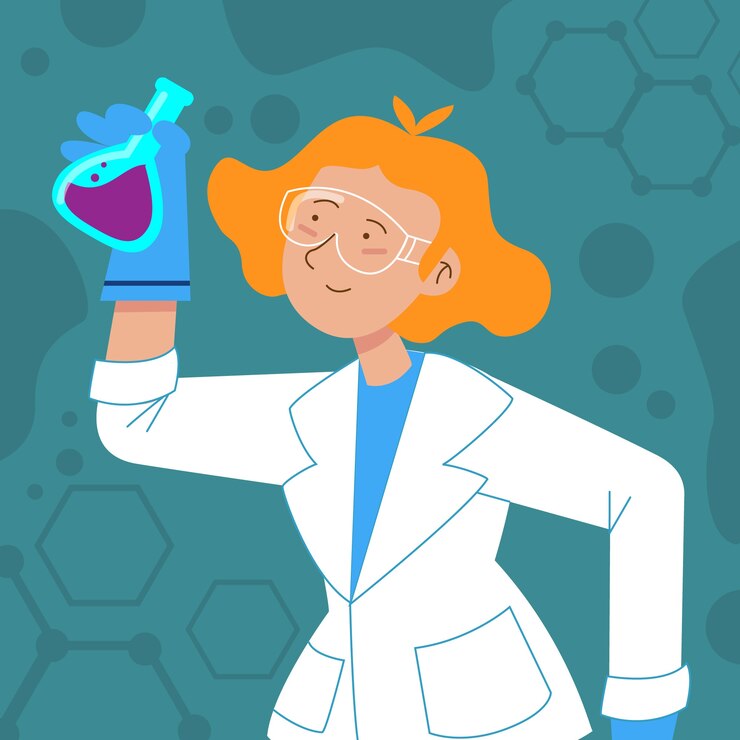
Exploring Different Types of Depression: A Simple Guide
Depression isn’t a one-size-fits-all condition. It comes in various forms, each with its own set of symptoms and challenges. Understanding the different types of depression can help individuals recognize their experiences and seek appropriate support. In this simple guide, we’ll explore some common types of depression.
1. Major Depressive Disorder (MDD)
Major depressive disorder, often referred to as clinical depression, is one of the most common types of depression. It involves persistent feelings of sadness, hopelessness, and a loss of interest in activities once enjoyed. MDD can interfere with daily functioning and may require treatment such as therapy or medication.
2. Persistent Depressive Disorder (PDD)
Persistent depressive disorder, formerly known as dysthymia, is a chronic form of depression lasting for two years or longer. While the symptoms of PDD may not be as severe as those of MDD, they can still significantly impact daily life. People with PDD may experience low self-esteem, fatigue, and difficulty concentrating.
3. Bipolar Disorder
Bipolar disorder is a mood disorder characterized by alternating periods of depression and mania or hypomania. During depressive episodes, individuals may experience symptoms similar to those of MDD. However, they also have periods of elevated mood, increased energy, and impulsivity known as manic or hypomanic episodes.
4. Seasonal Affective Disorder (SAD)
Seasonal affective disorder is a type of depression that occurs seasonally, typically during the fall and winter months when there is less sunlight. Symptoms of SAD may include low energy, oversleeping, weight gain, and social withdrawal. Light therapy, counseling, and lifestyle changes can help manage symptoms of SAD.
5. Postpartum Depression
Postpartum depression is a type of depression that occurs after childbirth, affecting some mothers. Symptoms may include mood swings, crying spells, difficulty bonding with the baby, and feelings of inadequacy. Postpartum depression can be treated with therapy, support groups, and sometimes medication.
Conclusion
Depression can manifest in various forms, each with its own unique characteristics and challenges. By understanding the different types of depression, individuals can better recognize their experiences and seek appropriate help and support. If you or someone you know is struggling with depression, remember that help is available, and recovery is possible.


